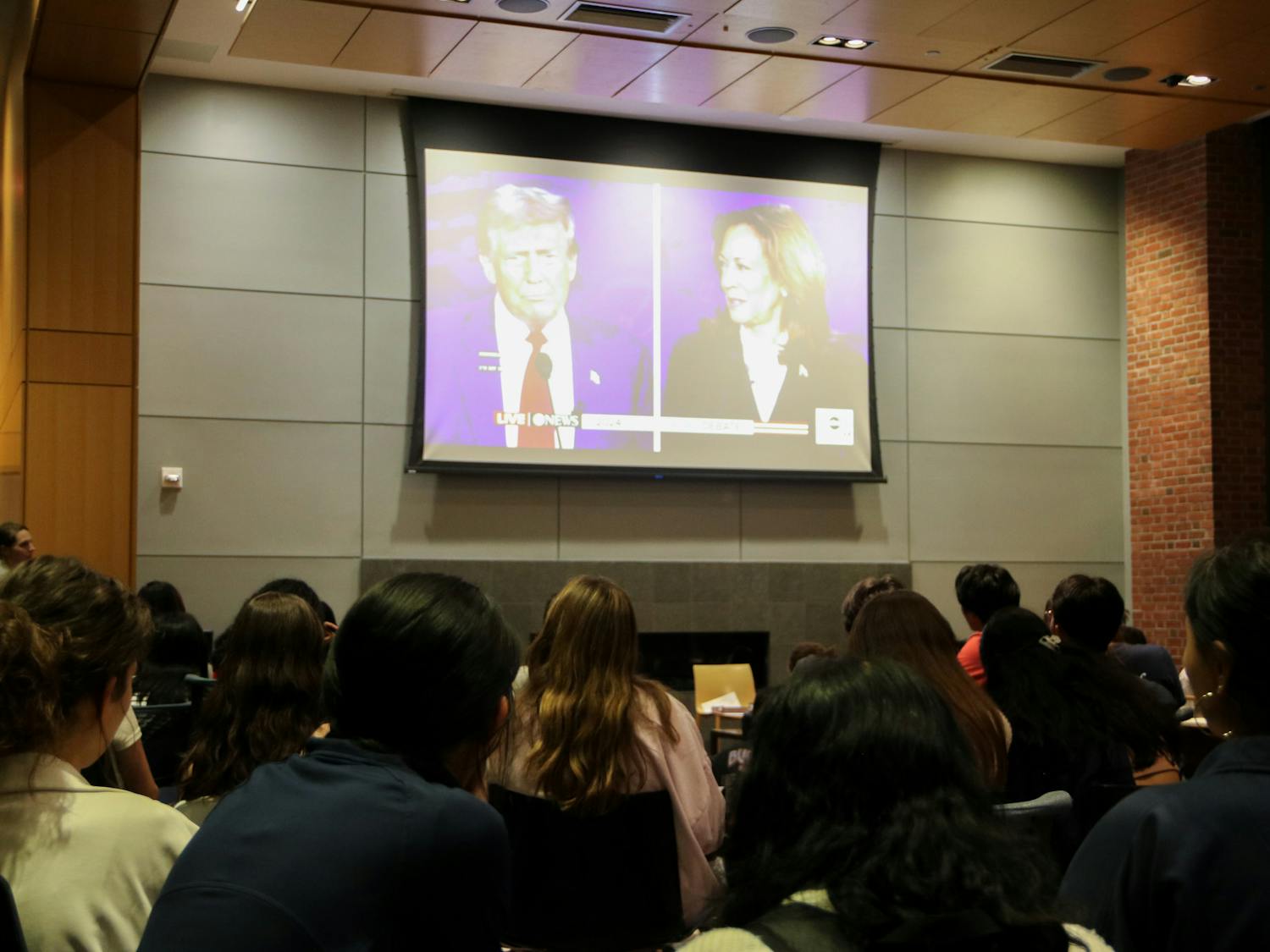It's one thing for a random undergraduate to come out and say that Penn's student government groups are out of touch with their constituents. But when a branch of student government provides data proving that student's point, it must be taken seriously. In a recent survey conducted by the Nominations and Elections Committee, about 1,200 undergraduates were asked some multiple choice questions about student government at Penn. The majority of people who responded were able to correctly match the group with its description and identify basic facts about the election process. But while the majority were also able to identify their class presidents, the figures for other student government leaders were dismal. Less than 30 percent of people who responded knew that Seth Schreiberg is the chairman of the Undergraduate Assembly. Even worse, more than 80 percent of respondents didn't know the leaders of the other four major government groups. It is easy to argue that name recognition is irrelevant to the work that these people do on behalf of the student body. But it seems that these figures are representative of a larger problem -- Penn's undergraduate student leaders are out of touch with the people they work for and represent. How can members of the Student Committee on Undergraduate Education effectively lobby the University if they don't know what students want? How can the Student Activities Council increase funding for student clubs if club members don't know who to ask for money? Even NEC leaders are calling these numbers "disturbing" and recommending that student leaders contact their constituents more regularly. Students know who their class presidents are because, for better or worse, class board members are in constant contact with their peers. This is clearly not true for other student government leaders, and their anonymity is certainly not helping them gain respect or credibility in the eyes of their peers. It is obvious based on this data that Penn's student government bodies are not communicating well with the undergraduate community. As a result, we must question their effectiveness in addressing students' concerns and catering to their needs. Maybe student government leaders will listen to their peers in the NEC and start communicating with the people they are supposed to represent.
The Daily Pennsylvanian is an independent, student-run newspaper. Please consider making a donation to support the coverage that shapes the University. Your generosity ensures a future of strong journalism at Penn.
DonateMore Like This
Diya Choksey | Deflating grades will not inflate curiosity
By
Diya Choksey
·
15 hours ago
Abhiram Juvvadi | Who actually matters at Penn?
By
Abhiram Juvvadi
·
Dec. 5, 2025
Sohum Sheth | It was never just about land
By
Sohum Sheth
·
Dec. 4, 2025








